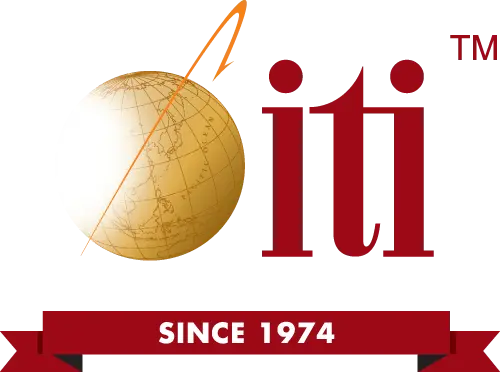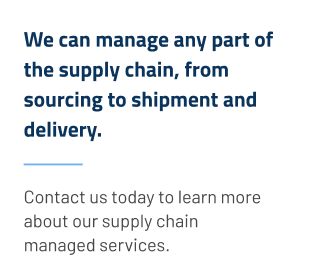The contents of this article are taken from several sources and are for informational purposes only. No one is offering this information as legal advice. ITI Manufacturing encourages companies to consult licensed attorneys in all matters relating to contracts, domestic and international.
How Companies Share Intellectual Property
There are two ways product IP is shared with Chinese manufacturers:
Way 1
First is when a company wants to do business in China. The rules for foreign firms doing business in China state that they must form joint ventures with local China partners. This includes industries such as energy, telecommunications, and automotive. Consequently, these joint ventures often result in the transfer of technology to Chinese companies.
Some examples of this are: Apple has announced plans to open R&D centers in four Chinese cities and it said it was setting up its first iCloud data center in China in partnership with a local firm. Amazon and Microsoft already have local partners for their cloud computing services in China.
Way 2
The second way is by sharing the details of your product with a Chinese factory. You’ll want to share details for the sole purpose of having a China factory manufacture that product. This is how the two ways are vastly different.
Understanding the Differences
In the first example, the sharing is mandatory. The Chinese government’s reasoning is that if a foreign company wants to do business in China, as well as have access to the second largest economy on the planet, they must engage a Chinese firm as a partner and share IP. This policy has generated its share of positive and negative comments. However, the reality is, no person or entity is forcing American companies to decide to do business in China. Likewise, China, or any other country, isn’t forcing companies to share their product IP. It’s each individual company’s conscious decision.
In the second example, an American company wants their product to be manufactured in China to take advantage of the lower cost structure. In this case, many US companies believe their American-type Non-Disclosure Agreements (NDA’s) will protect them. Some go further and have their NDAs translated into Chinese and have factory management sign them. That sounds reasonable, but what these companies do not know is that an American-type NDA is worthless in China.
Before we discuss this further, I must emphasize that if your “product or idea” is copied or “stolen” it will not be the factory that is producing your item. This is because the factory producing your item wants to keep producing your item. It makes them money and pays their employee’s wages. The information on which factories manufacture what products, is a closely guarded secret in China. The easier path, if a person is so inclined, is to see your product at a trade show, or simply order one off the web or buy it in a retail store.
On American NDAs
Back to American-type NDAs and why they are useless in China. First, the US designed American NDAs to protect against disclosure to the general public. In China, an unscrupulous person’s goal is not to disclose secrets to the public. That person wants to use your IP to compete against you.
Second, typical American NDA-type agreements are unenforceable in China. However, Chinese law DOES allow for the protection of trade secrets with contracts that provide protections in the following 3 ways:
- They make the jurisdiction a China court…
- They make the governing law Chinese law… and third –
- They make the governing language Chinese.
The type of agreement that is most effective in protecting product IP in China also has these three provisions: non-use, non-disclosure, and non-circumvention. Many may refer to these agreements as “NNN agreements”.
Non-use means protection for your idea or concept because the Chinese factory has agreed not to use the elements in a way that competes with you.
Non-disclosure, as mentioned above, is not something you will need to be particularly concerned about. The last thing a China factory wants to do is disclose details about a product they are making so that another factory can compete with them.
The final provision is non-circumvention. This provision can vary with the situation. How would you feel if your Chinese factory sought to sell your product to your customers at 50% less than you charge? What if your Chinese factory were to start selling your product to the rest of the world? The best way to prevent circumvention by your Chinese supplier is by having a China-appropriate non-circumvention provision in your China Agreement.
Your Best Method of Intellectual Property Protection
The best way to ensure that you’ve put all your agreements properly in place is to work with ITI Manufacturing. They will also help ensure that your product manufacturing is reliable through their pre-vetted factory process.
ITI Manufacturing is a world-class OEM, Contract Manufacturer headquartered near Houston, Texas. Even more, we are also a registered, licensed business in China. We have a highly-trained and experienced staff in China who manages our client’s total offshore manufacturing needs. This includes sourcing, manufacturing, testing and inspection (could be 3rd party), packaging, and logistics to the United States, or any port on the globe and all generation of related paperwork.
We value your Intellectual Property as much as you do, as our sole source of revenue is the successful manufacturing of our client’s products. We feel so strongly about our client’s being successful, we guarantee no manufacturing defects in any of our shipments.
Connect with ITI Manufacturing
Of course, the agreements between us and the China factories adhere to all the suggestions above. Furthermore, our Chinese business attorney writes the agreements we have on retainer in China.
If you have an interest in manufacturing in China, or if you are currently manufacturing in China and are experiencing difficulties, call ITI Manufacturing at 281-242-7030.





